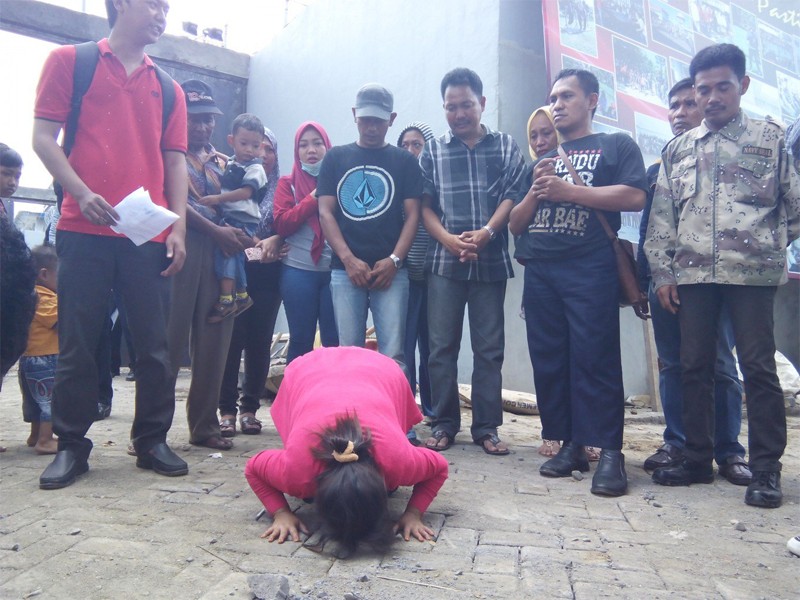Popular Reads
Top Results
Can't find what you're looking for?
View all search resultsPopular Reads
Top Results
Can't find what you're looking for?
View all search resultsNewly revised ITE Law still draconian
Change text size
Gift Premium Articles
to Anyone
F
ierce debate is arising on social media after the revised Electronic Information and Transactions (ITE) Law took effect on Monday, a month after the House of Representatives passed amendments to the law, regarded by many as posing a threat to the country’s democracy and freedom of speech.
The law was among Twitter’s top trending topics in the country as of Monday noon, with more than 17,000 tweets mentioning the issue, ranging from serious comment and criticism to jokes such as whether uploading culinary videos and mentioning ex-lovers would now be subject to prosecution under the law. Some netizens reminded fellow users not to spread hatred on online platforms.
Dennis Adhiswara wrote on his account @OmDennis, which has more than 80,000 followers, including Vice President Jusuf Kalla, that “if there are still netizens who do not understand self-censorship and common sense, the government will keep controlling you”.
In the past few weeks, ahead of the Jakarta gubernatorial election and a planned rally against incumbent Jakarta Governor Basuki “Ahok” Tjahaja Purnama on Dec. 2, online platforms have turned into spaces where people exchange mockery, make provocative remarks and spread hatred in the country.
President Joko “Jokowi” Widodo has intensified his call to make social networking and microblogging services peaceful platforms for debate that respect pluralism, reminding people that mockery was not in line with Indonesian values. The President, however, assured those concerned that freedom of speech would always be maintained.
“The Jokowi administration wants fair and democratic law enforcement. Therefore the ITE Law should be changed,” said Henri Subiakto, who represented the government during the bill’s deliberation at the House.
However, questions remain whether the amendments will be used as tools to criminalize people and hinder freedom of expression.
Some of the new controversial provisions give the government the authority to block negative content or to order internet service providers to do so. Furthermore, the provisions allow for the “right to be forgotten”, which orders internet providers to remove online stories that complainants claim to be personally damaging to them, after receiving approval from a court.
The revised law also keeps controversial provisions that permit prosecution for defamation.
These provisions have seen citizens sent to prison for what they post on the internet, although the provisions reduce the maximum penalty from six to four years, or Rp 750 million in fines.
In addition to maintaining provisions on hate speech, the law also introduces prosecution for cyberbullying, which carries a maximum sentence of four years in prison.
Mixed responses to the law have been voiced by numerous rights groups such as the Institute for Policy Research and Advocacy (ELSAM). ELSAM insists that the revised law will serve as a setback to democracy.
Wahyudi Djafar, a member of ELSAM, questioned the capability of the National Police in handling hate speech and defamation in the past.
He also criticized the Communications and Information Ministry for seemingly trying to “spread chilling effects” toward freedom of expression instead of raising awareness about peaceful freedom of speech.
The National Police started on Monday its campaign to raise public awareness of the law by calling on people to first learn the source of information before reacting to such information.
“Don’t write something that could put the nation’s stability at risk, including subjects related to race, religion and ethnicity,” said Police spokesman Sr. Com. Martinus Sitompul.










